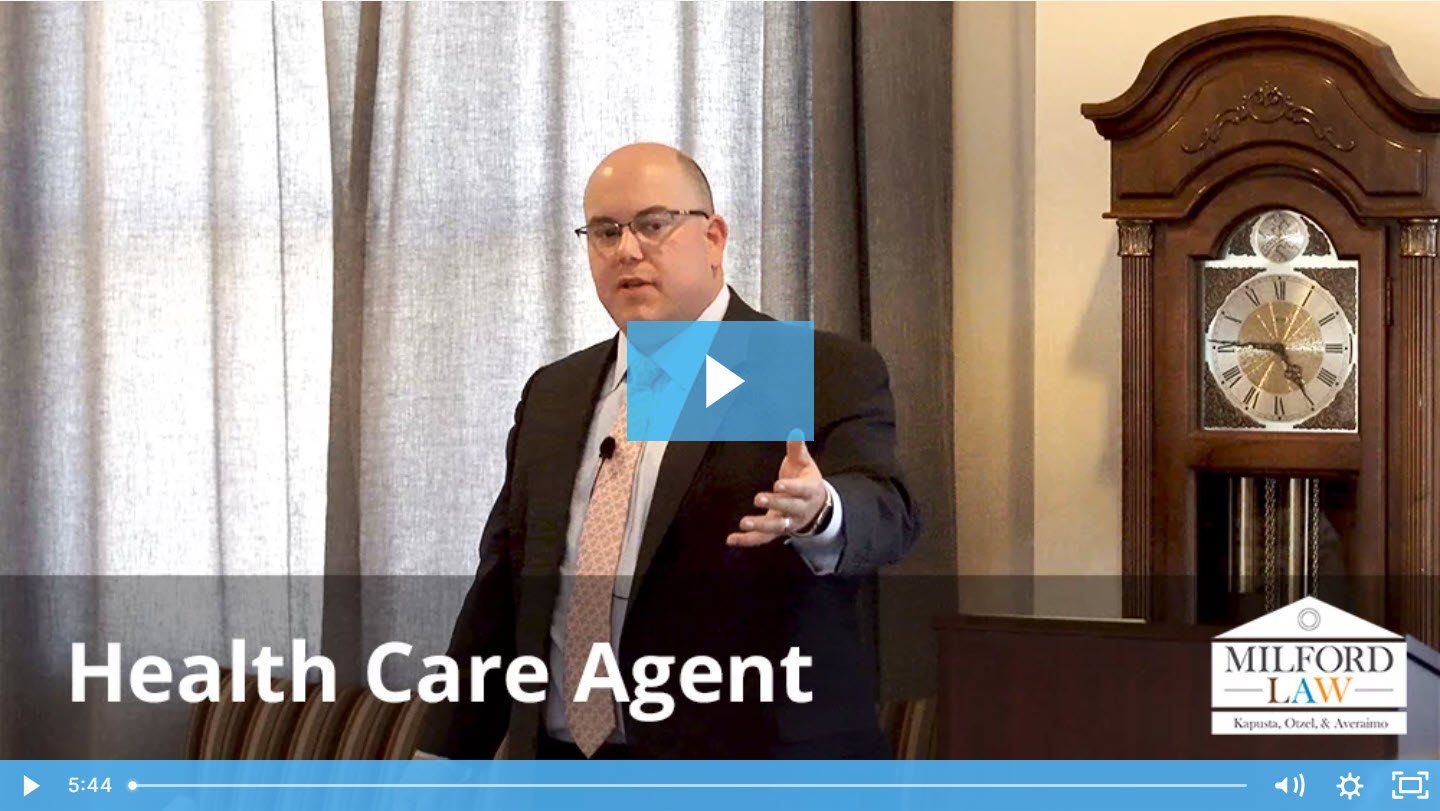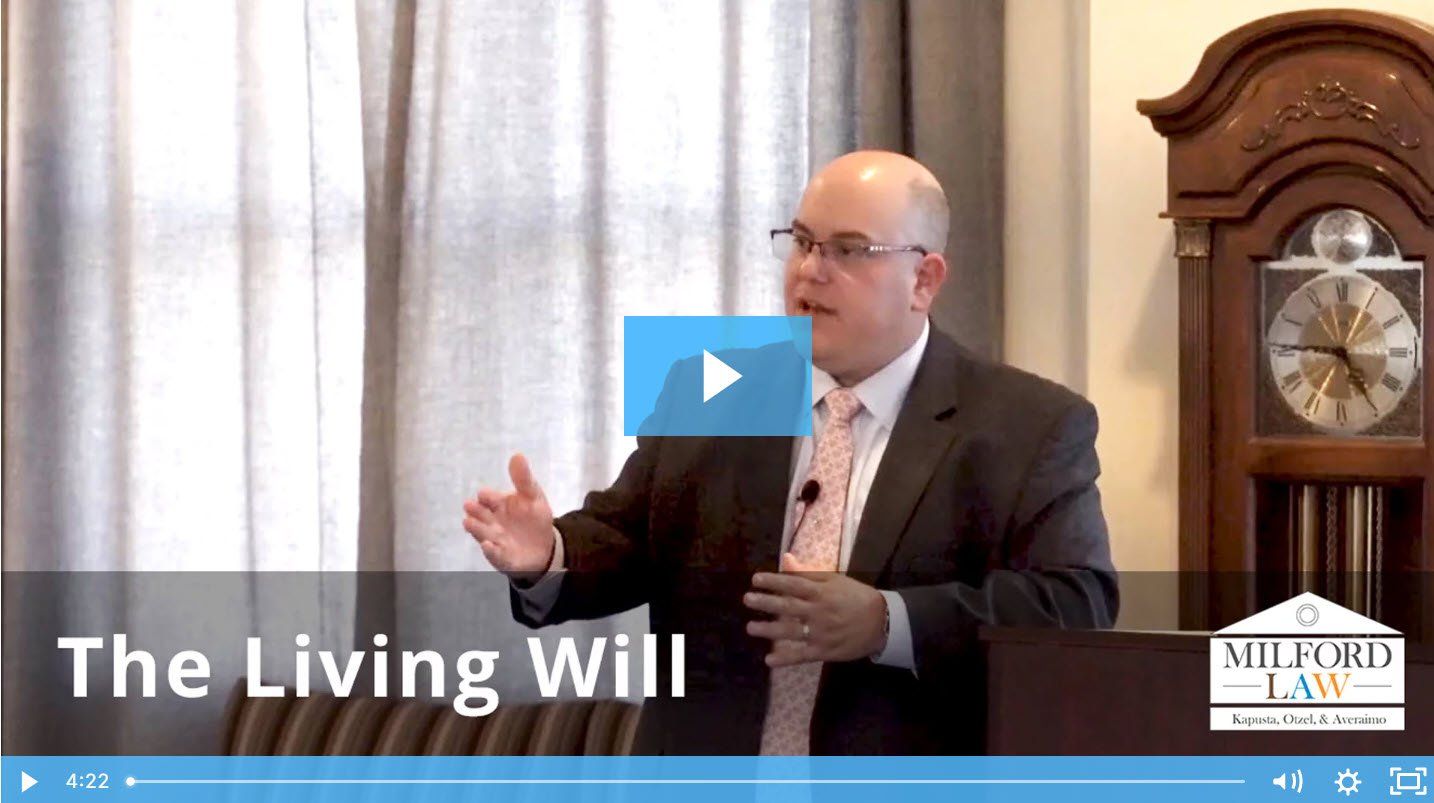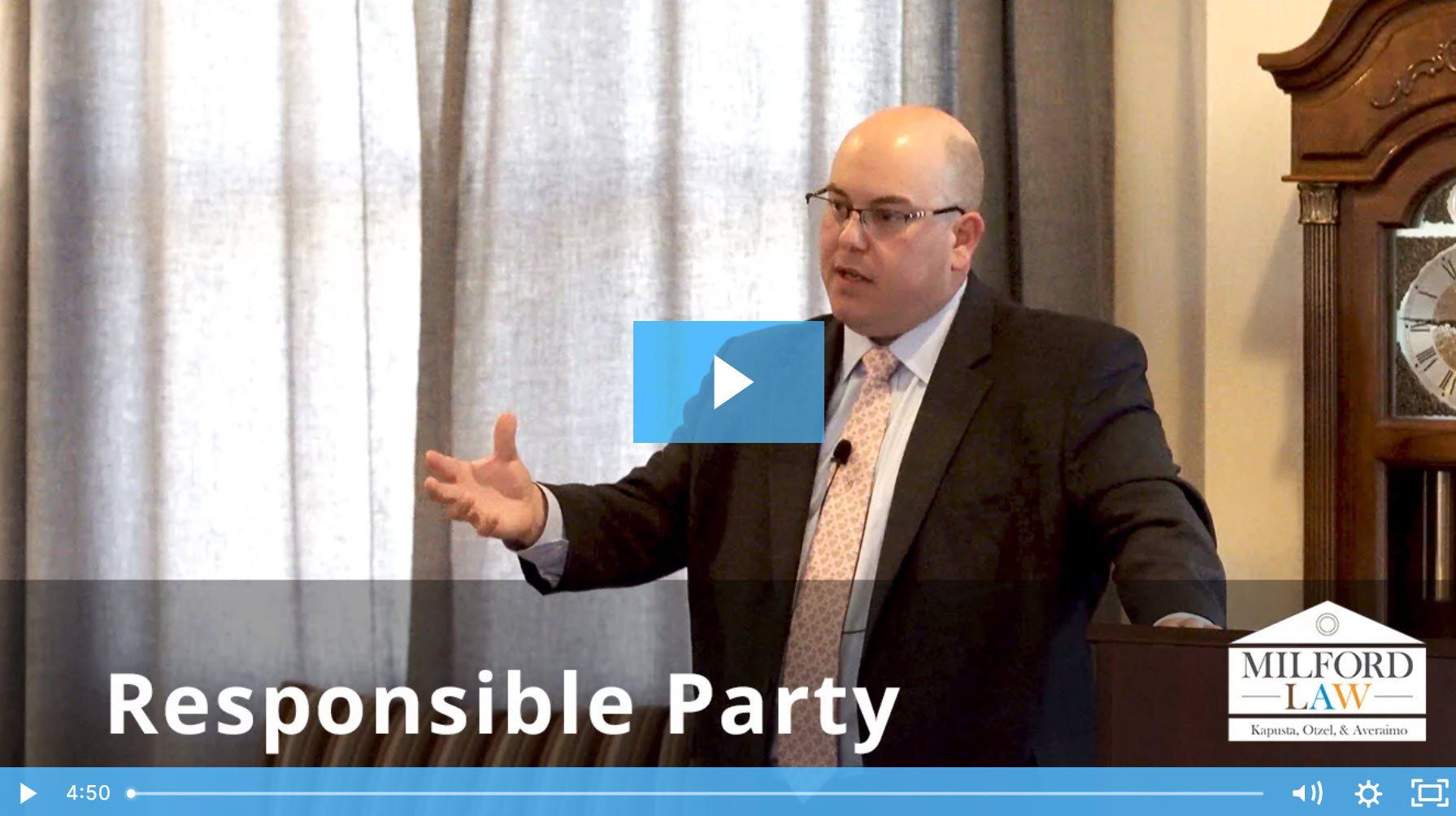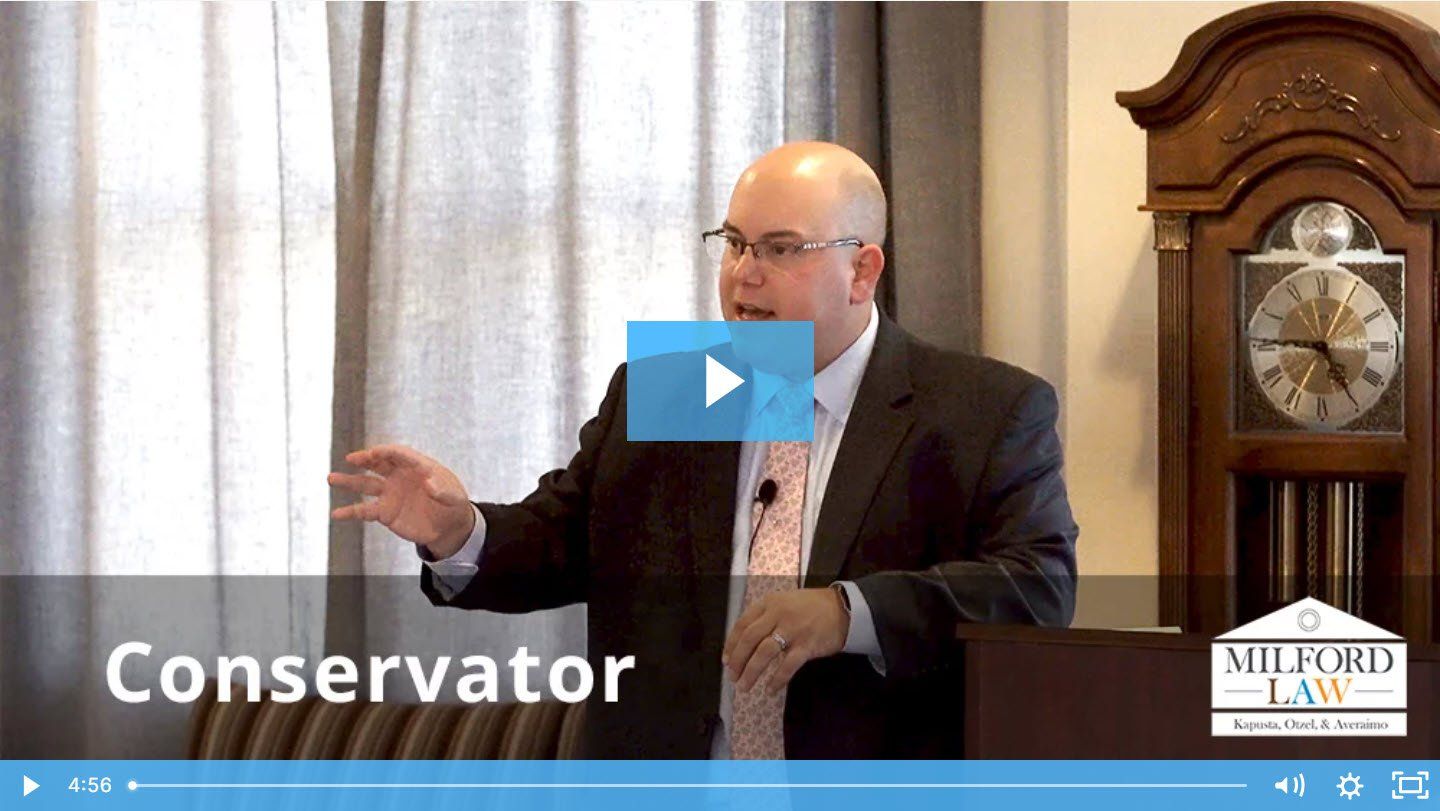Have You Decided How Your Assets Are Held?
How you hold or own your assets is crucial information for any effective estate plan.
How you hold or own your assets is crucial information for any effective estate plan. When we talk about assets we are talking about a wide variety of property- your home, life insurance policies, IRA or 401K accounts, and even simple checking accounts. Every one of these assets can be titled differently and this can ultimately alter how they fit into your estate plan.
One common form of ownership is joint tenants with the rights of survivorship. Many will see that language in the deed to your home which you own with your spouse or life partner. What it means, practically speaking, is that upon the death of one spouse their 50% interest in the property automatically vests in their spouse or the other person who held title with them. The other spouse now owns 100% of the property, subject to an estate tax lien, as well as a lien for any probate fees related to the administration of the estate.
With regard to estate taxes, knowing your net worth is important to determine whether or not they will be an issue for your estate. For both the State of Connecticut and the Federal Government there is a threshold your estate much reach to qualify to pay the estate tax or death tax as it also sometimes referred to. If your net worth is close enough to the threshold then more complex planning is needed to possibly avoid or at least minimize your potential death tax exposure.
When you're planning it is important not only to see your lawyer but also to have a professional team in place. You should speak not only with your lawyer, but also a financial advisor, tax professional, and possibly even an insurance broker for certain products such as life insurance. This will ensure that the best possible plan is in place to address all of your potential wishes for your estate.
Watch the full Estate Planning Seminar - Part 1:
Milford Law Articles











